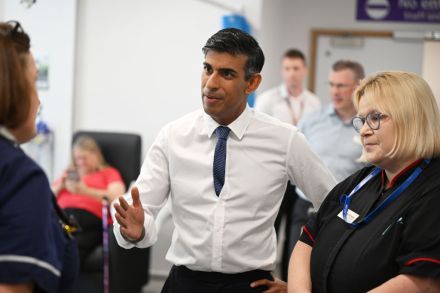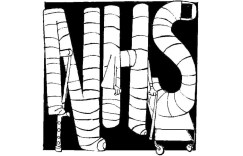The Spectator’s letters page is hazardous
Question time Sir: Your leading article ‘Sense prevails’ (13 April) is a valuable précis of the Cass Review into NHS gender treatment. However, it also raises several questions. How are the actions of these individuals, groups and organisations different from those of others who have been found to have acted unprofessionally, causing harm to patients who were entitled to place trust for their health in them? Where was the ethical and executive management oversight within the NHS? What other unproven ‘treatments’ are being carried out under the ever-growing demands for more money to be allocated to the NHS? Finally, what sanctions are to be meted out – or will we




















